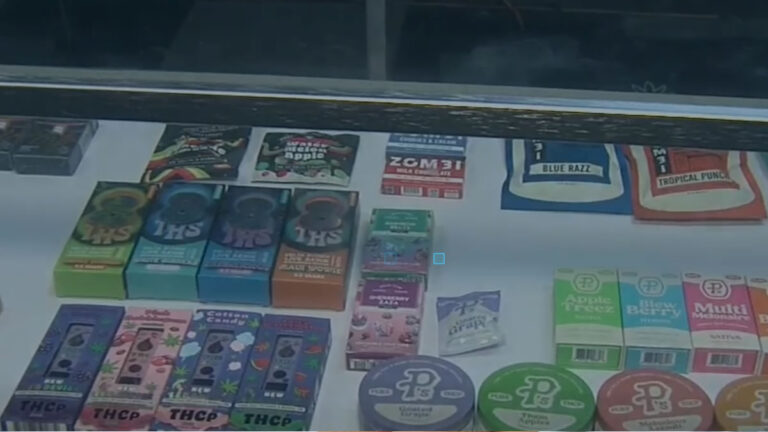Alabama legislators are reworking a proposed bill that aimed to regulate the sale and possession of CBD and vape products in the state. The original version of the bill sought to classify these products as narcotics, placing them in the same category as heroin and making their sale or possession a felony offense. However, on Wednesday, the Senate Health Committee confirmed that they are refining the bill to remove the felony classification and instead focus on stricter penalties for businesses that allow minors access to these products, as well as imposing a 6% tax on their sale.
Understanding the Controversy
To grasp the significance of this legislative move, it's essential to understand the context surrounding CBD and vape products. CBD, or cannabidiol, is a compound derived from the cannabis plant that has gained popularity in recent years due to its potential health benefits. Unlike THC (tetrahydrocannabinol), the psychoactive compound in marijuana, CBD does not produce a "high" and is often used to alleviate anxiety, pain, and other medical conditions.
Vape products, on the other hand, are electronic devices that heat a liquid (often containing nicotine or other substances) to create an inhalable vapor. While initially marketed as a safer alternative to traditional cigarettes, vaping has come under scrutiny due to concerns about its long-term health effects and its potential appeal to minors.
The Proposed Bill and Its Revisions
The original version of the Alabama bill sought to address these concerns by classifying CBD and vape products as narcotics, effectively making their sale and possession a felony offense. This approach, however, drew criticism from business owners and advocates who argued that such a classification was too severe and would unfairly penalize law-abiding retailers and consumers.
In response to these concerns, the Senate Health Committee is now revising the bill to remove the felony classification. Instead, the focus will be on imposing higher penalties for businesses that allow minors access to these products and implementing a 6% tax on their sale.
State Senator Jack Williams, a member of the Health Committee, emphasized the need for regulation, stating, "If we're gonna sell em, we need to regulate them, keep them out of the reach of children. That's out main focus." He expressed particular concern about the sale of beverages containing THC, noting that some of these drinks can resemble popular soft drinks like Mountain Dew and may contain high levels of THC (up to 50 mg in some cases).
The Business Perspective
For business owners like Cordell Harris, who operates Cloud 9 vape shops in the Mobile area, the revised bill is a more palatable solution. Harris already requires customers to be at least 21 years old to enter his stores, a measure he believes is effective in limiting access to minors. "I also think it's just good in general to limit access if the primary concern is children accessing these products," he says. "I think putting the products behind a wall these kids can't get through is a good potential start."
While Harris doesn't consider the revised bill perfect, he acknowledges that it's a step in the right direction and a significant improvement from the original proposal, which aimed to ban these products altogether.
Looking Ahead
As the Senate Health Committee continues to refine the bill regulating CBD and vape products, another piece of legislation looms on the horizon. Senate Bill 182, if passed, would outlaw CBD beverages unless sold under Alabama's medical cannabis laws.
The ongoing debate surrounding the regulation of CBD and vape products in Alabama highlights the complex nature of this issue. Lawmakers must balance concerns about public health and safety, particularly when it comes to minors, with the rights of responsible adult consumers and the economic interests of legitimate businesses.
As the legislative process unfolds, it will be crucial for all stakeholders – lawmakers, business owners, health experts, and the public – to engage in an informed and constructive dialogue. By working together to develop sensible regulations that prioritize public health while respecting individual freedoms, Alabama can serve as a model for other states grappling with similar challenges in the rapidly evolving landscape of CBD and vape products.


